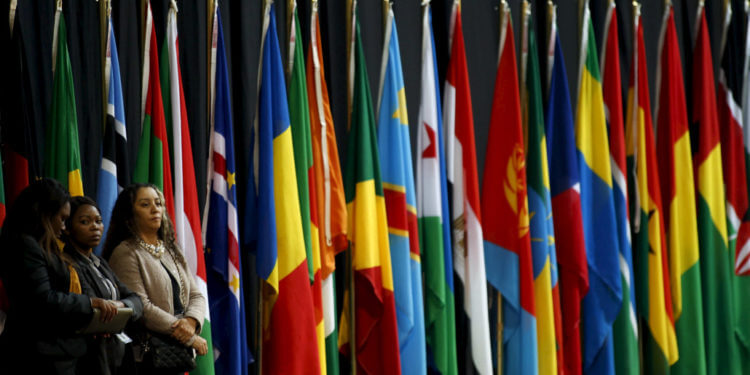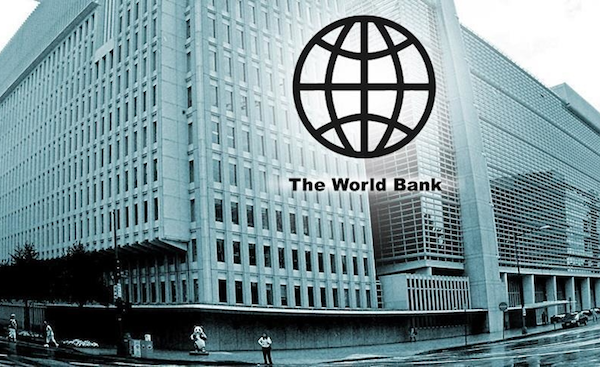Due to the COVID-19 crisis, remittance flows to Sub-Saharan Africa is expected to decline by 23.1 percent in 2020.
This is the sharpest decline on record for what has become a lifeline for many people in Africa and elsewhere.
It means that Sub-Saharan Africa could lose $37 billion by way of monies sent home by its indigenes working abroad, however a recovery of 4 percent is expected in 2021.
This is according to the Migration and Development Brief and the latest migration and remittances data released by the World Bank on Wednesday, April 22, 2020.
The anticipated decline, the World Bank report explain, can be attributed to a combination of factors driven by the coronavirus outbreak in key destinations where African migrants reside including in the EU area, the United States, the Middle East, and China.
it is anticipated that the above mentioned factors could affect the employment and salaries of Sub-Saharan migrant workers in abroad which will then make it difficult for them to send money home.
The report adds that those large economies host a large share of Sub-Saharan African migrants who are a source of close to a quarter of total remittances sent to the region.
Costs of sending remittances to the region
The report also highlights how the cost of sending money to the region is about a third more expensive than the global average.
For instance, the report indicates, sending $200 remittances to the region cost 8.9 percent on average in the first quarter of 2020, a modest decrease when compared with the average cost of 9.25 percent a year before.
“The most expensive corridors are observed mainly in the Southern African region, with costs as high as 20 percent. At the other end of the spectrum, the less expensive corridors had average costs of less than 3.6 percent” a press release from the World Bank accompanying the report read.
The Migration and Development Brief and the latest migration and remittances data are available at www.knomad.org. Interact with migration experts at http://blogs.worldbank.org/peoplemove/








